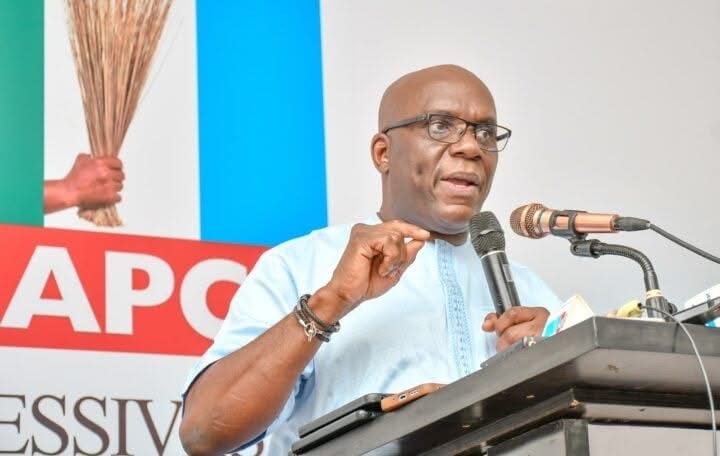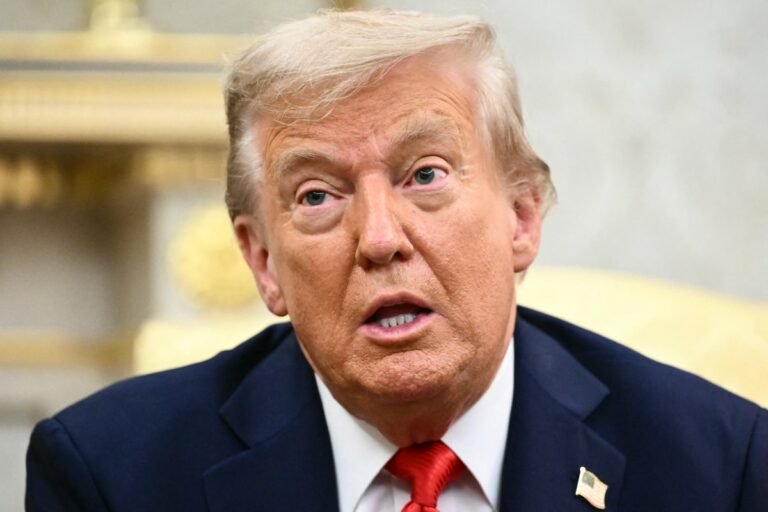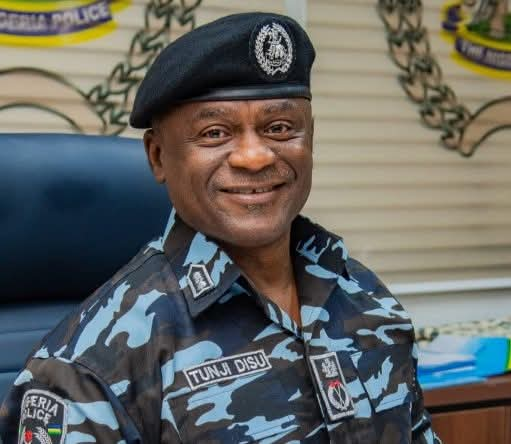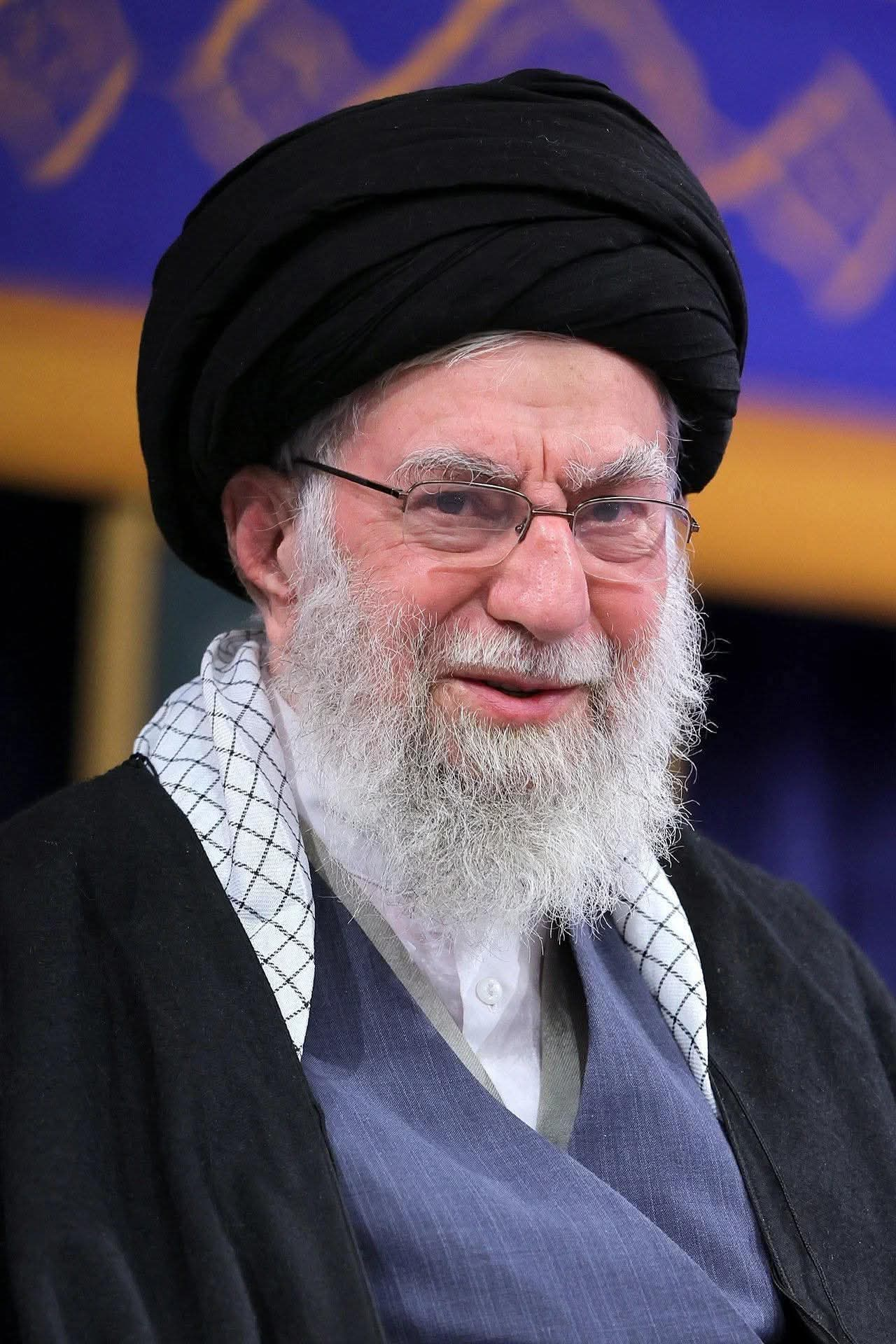
IN his first coming as a military dictator, General Muhammadu Buhari used state kidnap and torture to deal with those his regime regarded as “enemies of the state”. In his second coming as a civilian president, he is using the same instruments of state violence against those his administration brands “enemies of our state”. So, it’s déjà vu all over again!
The parallels are striking. Take the attempted kidnap of Umaru Dikko in London in 1984, and the abduction of Nnamdi Kanu from Kenya in 2021. Take the jailing of Fela Kuti for alleged currency offences in 1984 and the execution of three Nigerians for possession of illegal drugs in 1985; and the brutal night-raid on Sunday Igboho’s house in 2021.
President Buhari has form when it comes to kidnapping “wanted” Nigerians abroad and torturing troublesome ones at home. As someone who, in his own words, cut his political teeth as a student of the old Soviet Union, Buhari has long been enamoured of Joseph Stalin’s authoritarian and brutal treatment of “enemies of the people”. Once Buhari brands someone an “enemy of the state”, nothing is off the table. Extra-judicial measures, breaches of international law, state kidnap, state torture – name it – they are all “legitimate” instruments.
But, in a democracy, it can’t be right for a civilian president, regardless of his military background, to behave as if he’s running a military regime. Yet, in large part, there’s no difference between Buhari, the military dictator, and Buhari, the civilian president.
Indeed, in 2018, President Buhari told the national conference of the Nigerian Bar Association: “Rule of law must be subject to the supremacy of the nation’s security”. With that world view, it’s not surprising that he praised the “professional way” that the security agencies kidnapped Nnamdi Kanu, leader of the separatist Indigenous People of Biafra, IPOB, and brutally raided the residence of Sunday Igboho, the Yoruba rights activist. For Buhari, “the successes of our security agencies must be commended” and “this level of professionalism must be sustained”. As I said, it’s1984 and 1985 all over again!
In July 1984, at the behest of the Buhari regime, Umaru Dikko, a politician wanted for alleged corruption, was kidnapped in London, drugged and locked in a large crate labelled “diplomatic baggage”, waiting to be abducted to Nigeria. The plot was foiled by a British customs officer.
The incident led to huge diplomatic uproar, and the severance of relations between Britain and Nigeria. The jailing of Fela for alleged currency offences and the execution of three Nigerians for possessing drugs were also part of the state brutality of that era. The treatments of Kanu and Igboho are elements of state violence today!
Let me be clear: I have no truck with Nnamdi Kanu and Sunday Igboho. Crucially, I do not believe in their cause: I’m not a secessionist. What I stand for is a radically restructured Nigeria, with strong, autonomous regional governments within a federal union. I believe Nigerians must continue to push for restructuring and devolution of power rather than secession. But President Buhari is swelling the ranks of the separatists by cracking down brutally on separatist agitations, with utter disregard for the rule of law.
Take Igboho’s case. He is not a terrorist. At worst, he is a rabble rouser. His “Yoruba Nation” rallies were peaceful. So, why would security forces invade his house at night, killing two people and arresting 13 others and cats – yes, cats? Every multi-ethnic country has separatist agitators, some are real gadflies. Yet, civilised governments don’t treat them with the utter brutality that Buhari’s government treated Igboho.
But Igboho has a right under international law to call for self-determination for his people, provided his approach is non-violent, which it is. Yet, President Buhari believes Igboho is more dangerous than leaders of Boko Haram, bandits, kidnappers and Fulani herdsmen, whose members have destroyed countless communities, killed thousands of Nigerians and caused the dispossession of hundreds of thousands.
By contrast, Colonel Abubakar Umar (retd), former military governor of Kaduna State, is right: Boko Haram, bandits and killer-herdsmen are more deadly than separatist groups. Sadly, President Buhari, who Colonel Umar rightly accused of “mismanaging Nigeria’s diversity”, believes that self-determination agitators are Nigeria’s greatest security threats. Well, he’s wrong!
Which brings us to Kanu’s kidnap. The Federal Government says he’s a fugitive who jumped bail and should face trial for terrorism and treasonable felony charges in Nigeria. Fine, but that’s why there are extradition rules under international law. When Kelechi Madu, Minister of Justice and Solicitor-General of the Albertan Government in Canada, described Kanu’s abduction as “arbitrary violations of international law”, Abubakar Malami, Nigeria’s Attorney-General and Minister of Justice, fired back, saying that Kanu was extradited through “internationally recognised manner”. But how?
Surely, if, as the International Human Rights Commission, IHRC, reportedly said, the Kenyan Government played no official role in Kanu’s extradition, it means that he wasn’t extradited through a formal route. No formal extradition request was made, and Kanu was given no opportunity to challenge his extradition in the Kenyan court.
Put simply, what happened was a kidnap or, in international law language: extraordinary rendition. An international lawyer told the British Guardian newspaper: “The abduction of a person from a foreign country with the aim of rendition to justice is illegal under international law.”
Yet, despite its illegality, authoritarian leaders, such as the Rwandan leader, Paul Kagame, the Turkish leader, Recep Erdogan, and the Belarus president, Alexander Lukashenko, have recently used extraordinary rendition to snatch opponents or dissidents from overseas. President Buhari belongs to that club of authoritarian leaders. Nigeria deserves better!
The Senate’s rejection of President Buhari’s nomination of Lauretta Onochie as INEC Commissioner came as a piece of good news. I doff my hat to them. The Senators’ responsiveness to public opinion and their bipartisan defence of Nigeria’s Constitution and electoral law deserve commendation. They acted in the national interest. Well done, Senators!
(Vanguard)
Advertisement






